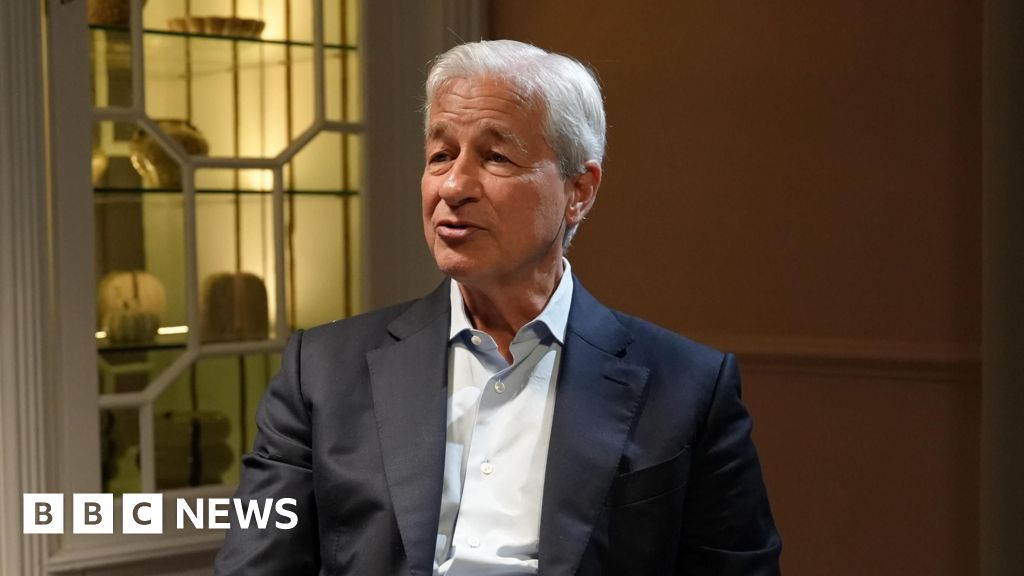This breaks my heart.
I spent my entire young parenthood urging my children to study hard and go to university. Silver bullet, I said. It will change your life, your heart and your mind, I said.

“You’ll be going here one day”, I told my grandchildren. Credit: Sam Mooy
Hell, I did the same to myself as I ground my way through a PhD. This was the pinnacle. Hard work, surrounded by smart people urging me to push myself. Just two years ago, I was walking through the grounds of a gorgeous sandstone university with my grandchildren. You’ll be going here one day, I heard myself say earnestly. (Yep, tiger mothers turn into tiger grandmothers.)
Now, as a bunch of 18-year-olds are worrying about what to do with the rest of their lives, I urge them to take a deep breath. And wait. I urge parents to stop pushing. This is beyond the usual advice I give about gap years, which always assist maturity. Do not force the next generation onto a treadmill with no safety barriers, no assurance and no confidence in the future. Do not force them to attend institutions which do not have students’ best interest at heart.
Going to university in 2026 is a risk no-one should take. Universities are now places of chaotic cost-cutting and cruel managers whose sole interest is the bottom line. Entire disciplines are being cut, staff numbers slashed and there is an even greater than usual reliance on casual staff who are, appropriating Beyonce’s poeticism, underpaid and overwhelmed.
Loading
I spoke to Graeme Turner, seasoned academic, researcher and author of Broken: Universities, Politics and the Public Good, who acknowledges the crisis in which higher education finds itself. Minutes into our conversation, he says: “If the government wants to have a higher education system, it is going to have to face the fact that it will have to pay for it. It’s the same problem they face with aged care and childcare. You can’t prioritise essential services and turn them over to a market and assume it’s going to work. History shows it doesn’t.”
History also shows we have a Labor federal minister for education, Jason Clare, who has broken promises, including the promise he would ditch the appalling scheme by which arts students would have to pay 50 grand for a degree. Yep, that one was a Coalition special – Job-ready Graduates, devised to ensure no-one ever did a degree about critical thinking ever again. That fee is still there a full three years after Labor was first elected. I live in hope the Australian Tertiary Education Commission, with Barney Glover, Larissa Behrendt and Mary O’Kane in its interim phase, will seize this moment to provide advice to Clare to stick to his guns. That would be a revelation to all of us. But Andrew Norton, professor of higher education policy at Monash University, now tells me he thinks it can only happen in 2027.
The National Tertiary Education Union (I was a member for 15 years) tells me that more than 10,000 academics have been dumped since the end of 2020. That’s thousands of people whose careers were destroyed by the commercialisation of higher education. And sure, never mind fancy-pants careers, the quality of the education those people were providing has deteriorated too. How collegiality in these institutions has survived is a bloody miracle.
I think about the place I did my first two degrees, the University of Technology Sydney (UTS), where I worked for 15 years. It’s the scene of a forced marriage between arts and social sciences and design, architecture and building, soon to be called design and society. UTS has already cut nearly 10 per cent of its workforce but spent well over $5 million on KPMG consultants this year, on top of $23 million since 2020. There are now rumours it will slash its international studies program and do something tortuous to its teacher education programs. Morale is devastatingly low. Do you want your kids to be learning in that kind of environment? I know what it’s like to work and teach in that kind of place and I hope the newly appointed dean, still top-secret but totally suitable and appointable and everyone loves him, can fix the place.
Loading
I think about Macquarie University, set to slash its sociology program down to one and a bit staff members. It was one of Australia’s best sociology (the discipline which explains how the world works) programs. I think about ANU, scene of utter mayhem, now planning to disestablish the Humanities Research Centre, bringing big brains to this country for 50 years. It’s also ditching the National Dictionary Centre. I think about Flinders University, which axed public policy academics, but has just launched a graduate certificate in public sector leadership. Puzzling. All heartbreaking. And brain-breaking.
University managers have done nothing to ease my concerns. They’ve spent millions and millions of dollars on consultants who have advised them to sack staff and cull entire departments (Geez, it’s been nearly 10 years since Nous Group delivered an inept report to my UTS faculty). There is almost zero interest from consultants to consider how students are managing, and what the student experience is like.
And that’s what’s waiting for any student going to uni next year. Don’t do it. By the end of 2026, we might know what’s going on in the institutions shaping our future.
Most Viewed in National
Loading


















































